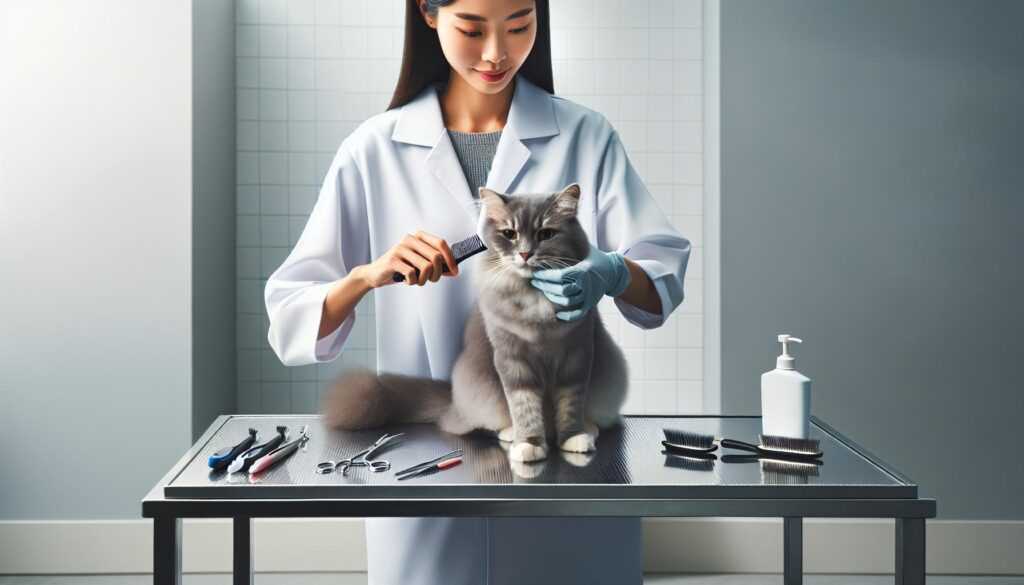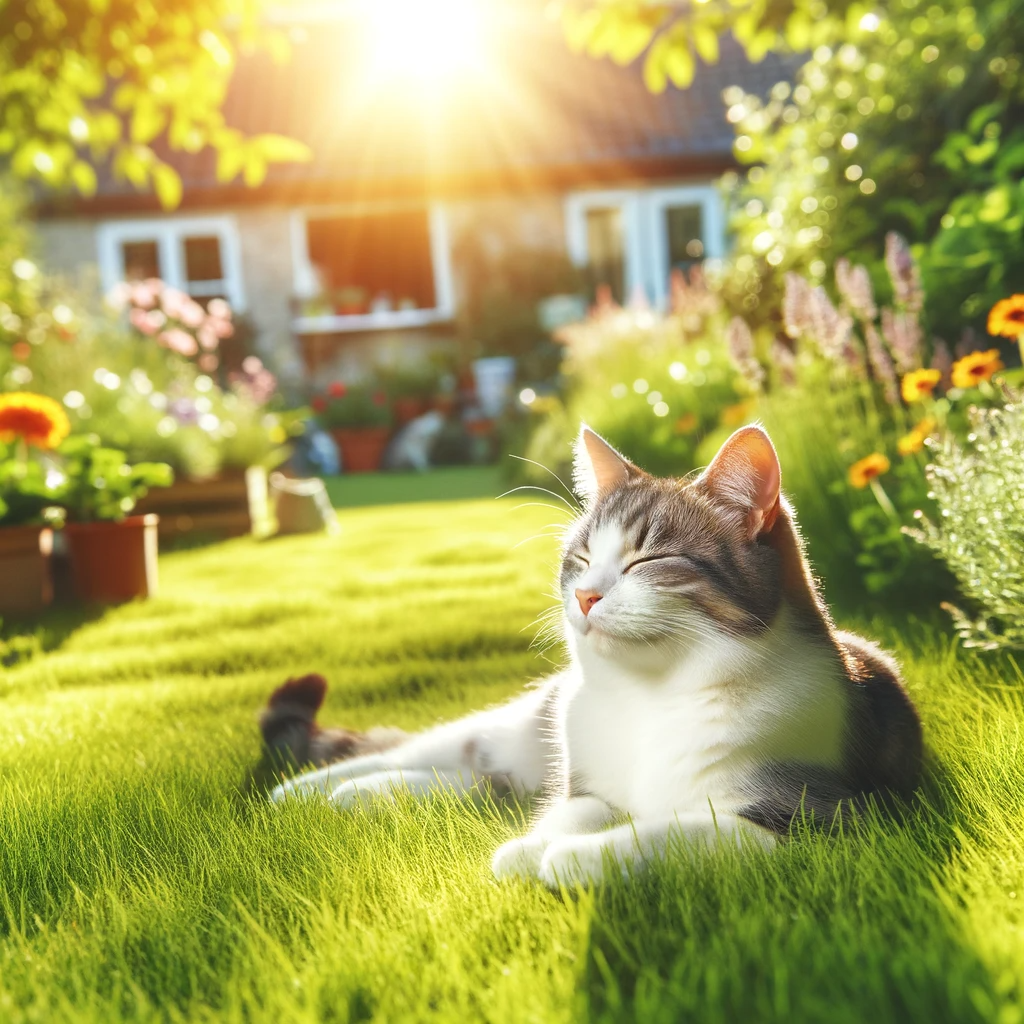As a responsible cat owner, you want the best for your furry friend—whether it’s providing them with cozy resting spots, interactive toys, or just plenty of love and attention. However, one of the most important aspects of feline care is often overlooked: regular veterinary visits. A routine check-up with a trusted vet is essential for ensuring your cat stays healthy, happy, and free from hidden health issues.
In this blog post, we’re going to dive into why regular vet visits are so important for your cat’s health, and how they can help prevent future issues. We’ll also highlight a few of our favorite CatLives products that can support your cat’s health in between those vet visits.
Why Regular Vet Visits for Cats are Essential
Regular veterinary visits are an important part of your cat’s overall care plan. According to the American Veterinary Medical Association (AVMA), consistent check-ups can help detect early signs of illness, keep vaccinations up to date, and even prevent major health issues in the future. Routine vet visits give your vet the opportunity to assess your cat’s overall health, address any concerns, and help you maintain a preventive care strategy.
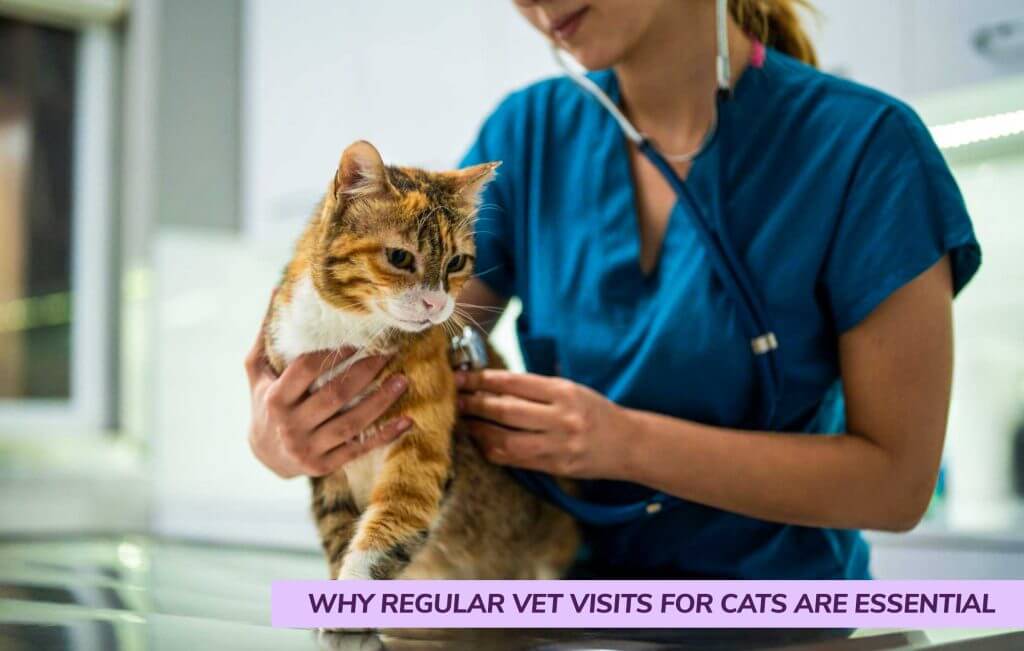
Did You Know?
Cats are known to hide signs of pain and discomfort, making it difficult for pet owners to detect underlying health problems. Regular check-ups help uncover these hidden issues early, improving the chances of successful treatment.
Health Monitoring: Catching Health Issues Early
As a responsible cat owner, you may be wondering: How do I know if my cat is healthy? Cats, especially older ones, can experience health issues such as kidney disease, arthritis, or diabetes, often without showing obvious symptoms. Based on PetMD‘s report, regular vet visits give your veterinarian the opportunity to perform thorough physical exams, track your cat’s weight and vital signs, and detect early signs of conditions that may not be noticeable at home. Early detection can make a huge difference in the effectiveness of treatment.
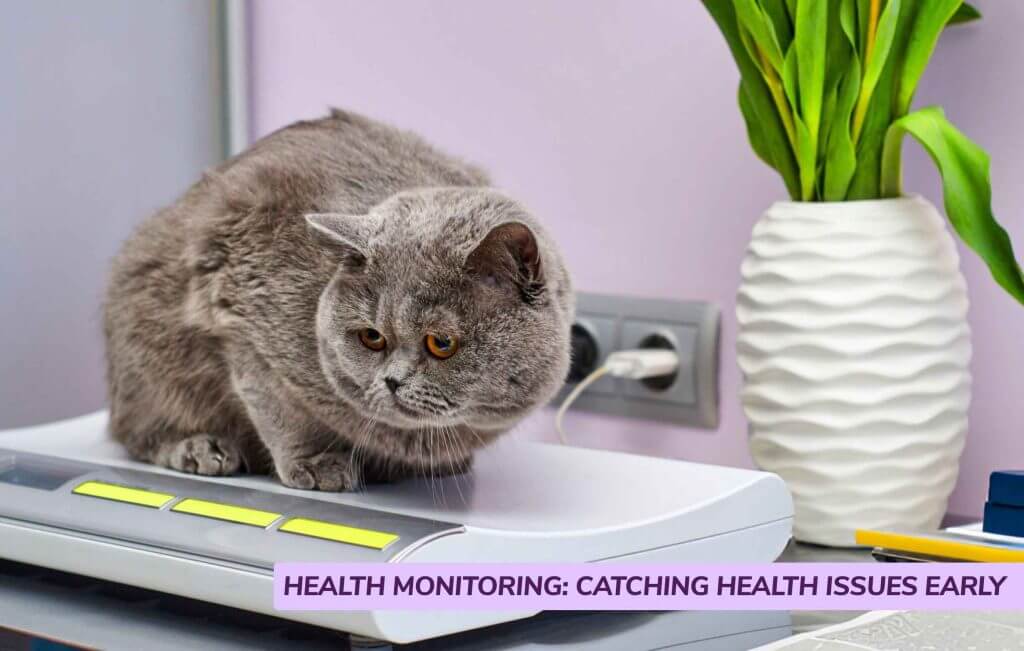
Vaccinations: Protecting Your Cat from Serious Illnesses
Vaccinating your cat is one of the most important steps in protecting them from dangerous diseases. According to the Centers for Disease Control and Prevention (CDC), vaccines protect your pet and even the community—from diseases like feline distemper, rabies, and respiratory infections. Vaccinations are essential, especially for outdoor cats who may encounter other animals.
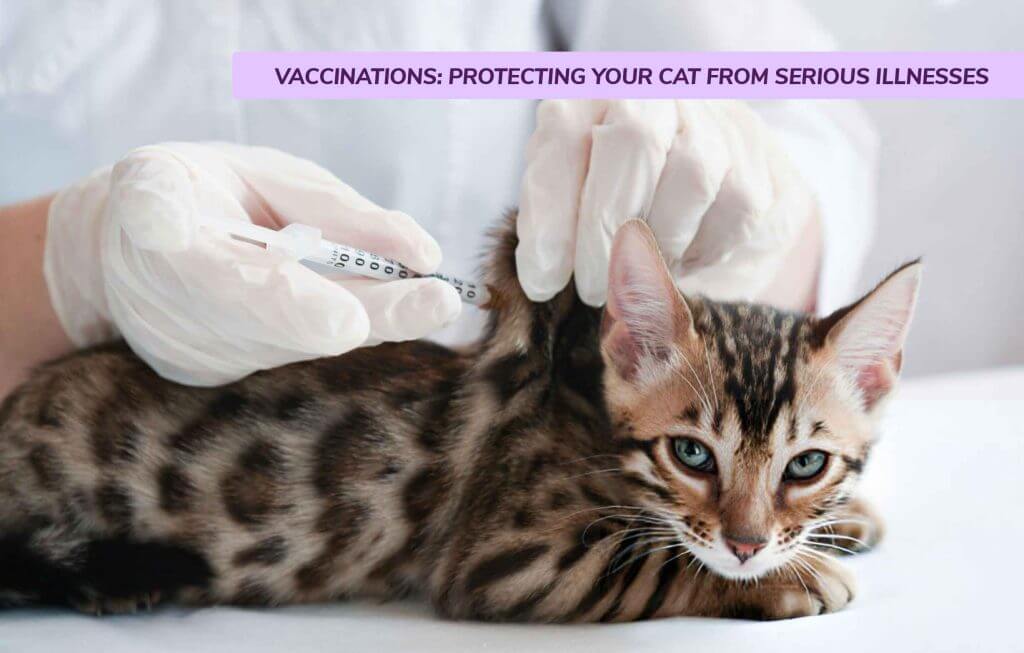
Pro Tip: Talk to your veterinarian about the specific vaccines your cat needs based on their age, lifestyle, and risk factors. For example, outdoor cats might require additional vaccines compared to indoor-only cats.
Dental Health: Why Your Cat’s Teeth Matter
Did you know that dental health is one of the most overlooked aspects of feline care? American Animal Hospital Association (AAHA) has stated that periodontal disease is one of the most common health problems in cats, affecting nearly 70% of cats by the age of three. Routine vet visits often include a dental check-up, which can help detect early signs of dental disease, such as plaque buildup or gum disease. By keeping your cat’s teeth healthy, you can prevent discomfort and more serious issues down the road.
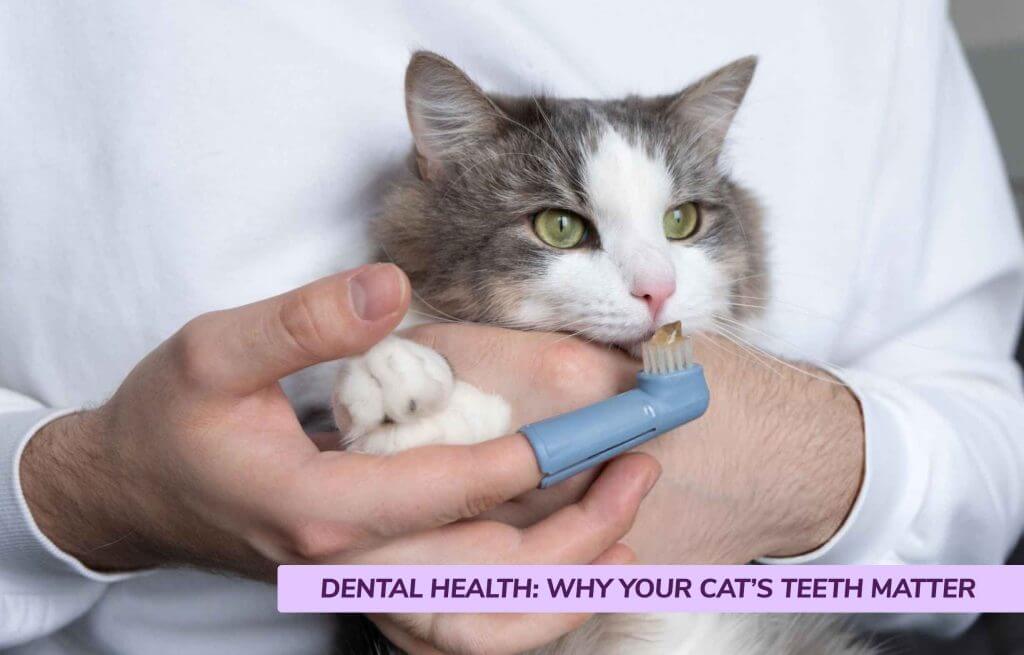
If your vet recommends dental care, check out our previous blog post on how to improve your cat’s dental care.
Weight Management: Preventing Obesity in Cats
Did you know that over 60% of cats in the U.S and UK. are overweight or obese? – Association for Pet Obesity Prevention (APOP) obesity in cats is linked to a variety of health issues, including diabetes, joint problems, and reduced life expectancy. Regular vet visits allow your vet to monitor your cat’s weight, provide dietary recommendations, and suggest tailored exercise plans to keep your cat in tip-top shape.
Healthy Habit Tip: Encourage your cat to stay active with CatLives Interactive Toys such as puzzle feeders or scratching post. These toys provide mental and physical stimulation while keeping your cat entertained and active.
If you’re looking for more tips on managing your cat’s weight and overall health, check out our previous blog post on How to Manage your cat weight, where we dive deeper into keeping your cat fit and healthy!
Behavioral Insights: Understanding Your Cat’s Emotional Health
Sometimes, changes in your cat’s behavior may indicate underlying health problems. According to the Cornell Feline Health Center, sudden behavioral changes—like aggression, hiding, or changes in appetite—could be a sign of stress, pain, or illness. If you notice any concerning shifts in your cat’s behavior, it’s important to consult with your vet. They can help determine the cause and recommend solutions to ensure your cat stays emotionally and physically healthy.
CatLives Tip: To help your cat feel secure, consider providing them with a CatLives Calming Bed—a cozy, enclosed space designed to reduce stress and anxiety, especially after stressful situations like vet visits.
When to Schedule Vet Visits for Your Cat
The frequency of vet visits varies depending on your cat’s age, health, and lifestyle. Generally, healthy adult cats should have a check-up at least once a year. However, senior cats (7 years or older) and kittens may need more frequent visits to stay on top of their health. Your vet will guide you on the best schedule for your cat’s needs.
FAQs About Regular Vet Visits for Cats
Q: How often should I take my cat to the vet?
Most healthy adult cats should visit the vet once a year. Senior cats (7 years or older) and kittens need to visit more frequently for health checks, vaccinations, and parasite prevention.
Q: What should I bring to a vet visit?
Bring any medical records you have for your cat, a sample of your cat’s litter (if your vet asks), and a list of any concerns or behavioral changes you’ve noticed. Don’t forget to bring your cat’s favorite treats to help them feel more at ease.
Q: How can I reduce my cat’s stress during vet visits?
Many cats experience anxiety at the vet. Use calming products to help alleviate stress. Also, ask your vet for tips on making visits as smooth and stress-free as possible.

